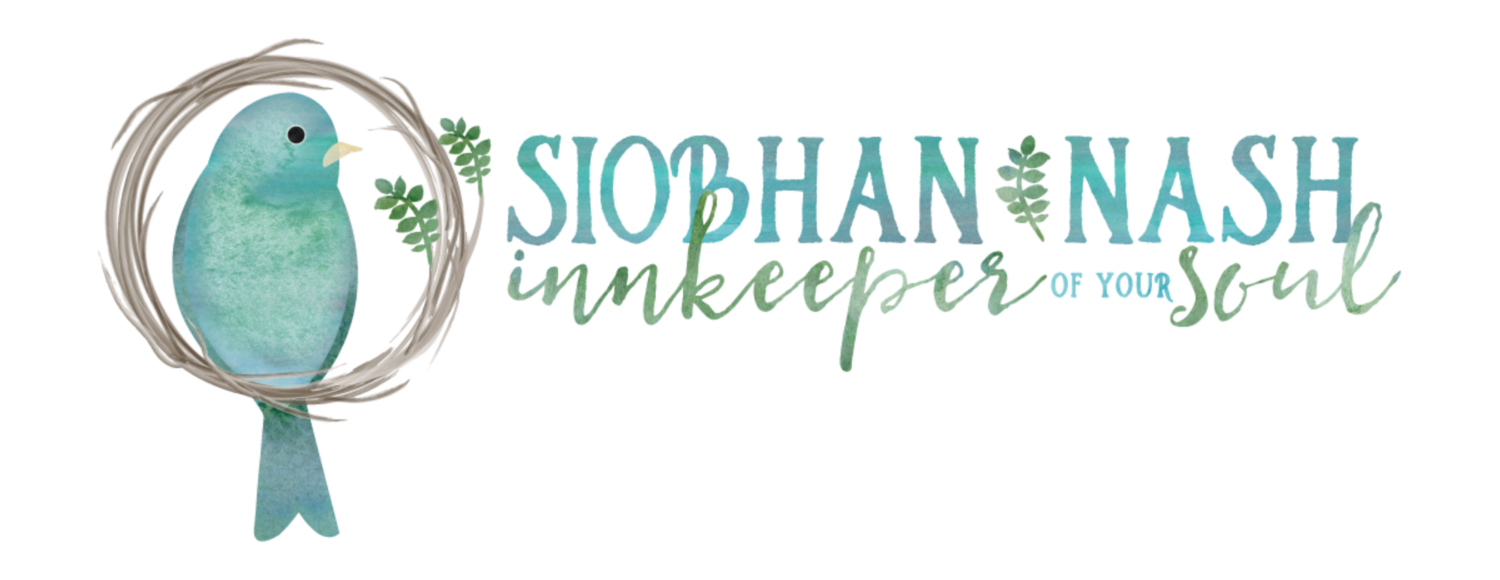Befriending your fear—acknowledging its existence and listening to what it has to say—is far more effective in calming your nervous system and allowing you to move forward with confidence than when you resist it, pretend it doesn’t exist, or push through it. Those strategies only fuel fear and amplify it. Ignoring your fear only succeeds in keeping you stuck where you are.
In your own time
This is my least favorite time of year, the transition from winter to spring. (Or “sprinter,” as I call it.) Just because the calendar says it’s spring, doesn’t make it so. I didn’t wake up the morning after the vernal equinox to find the landscape transformed—the trees fully leafed and buds all abloom.
Transition and transformation don’t work like that—in nature or in life.
All you are
We often say that someone is “a good person.” But what does that mean, really? We’ve come to use “good” as a general catch-all for traits we admire or deem desirable—loyal, helpful, kind, selfless, generous, etc. Whatever your definition of good is, it has been shaped by outside influences, namely other people’s expectations and preferences.
The safe harbor of self-trust
One of the biggest challenges of being empathic and highly sensitive has been the tendency to lose my sense of self. When I subjugate my true self to conform to other people’s beliefs, opinions, and expectations of who I should be and what I should do, my reward is the security I desire. But I pay a high price for this false sense of safety and comfort—my self-trust.
Fuel your fire
Own what you know
In the pursuit of knowledge what we often overlook is the knowledge we already have—not just in the form of external information but also the knowledge gleaned from our own thoughts, feelings, felt senses, and experiences. Tapping into that wellspring of information very often gives us the answer we are looking for.

